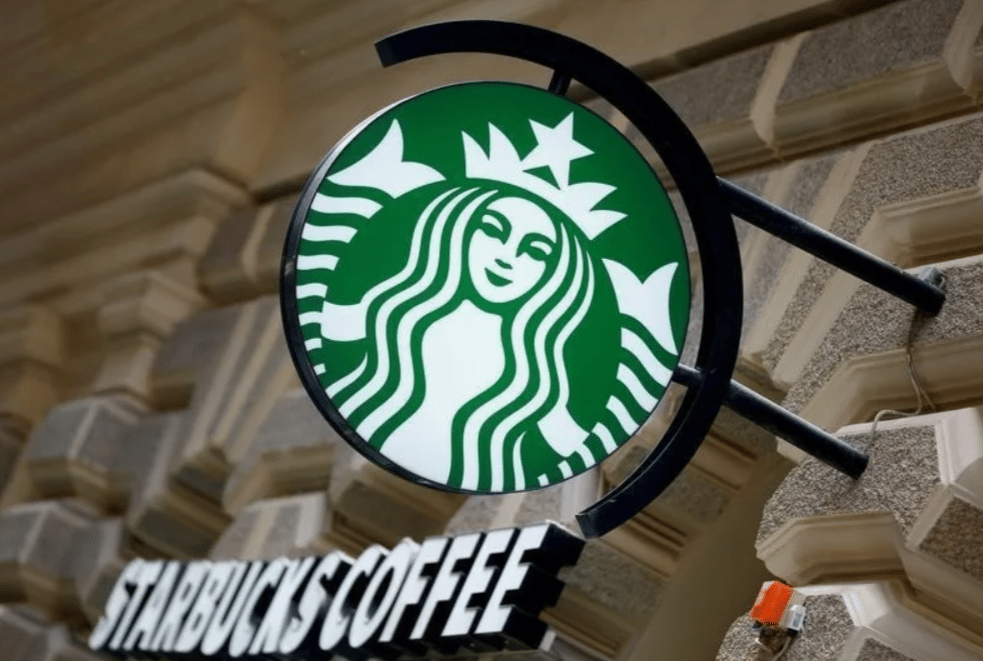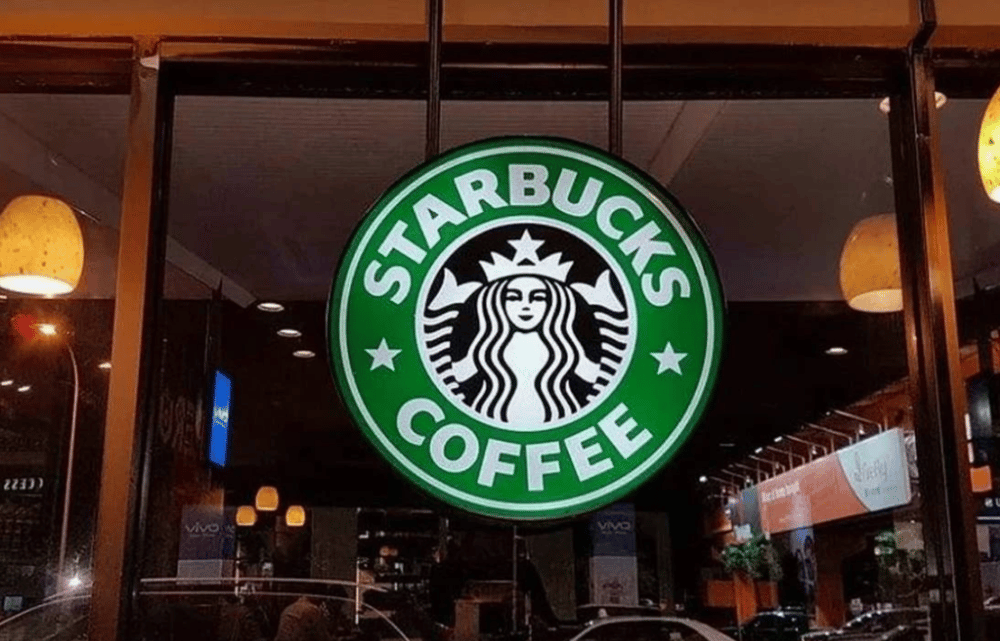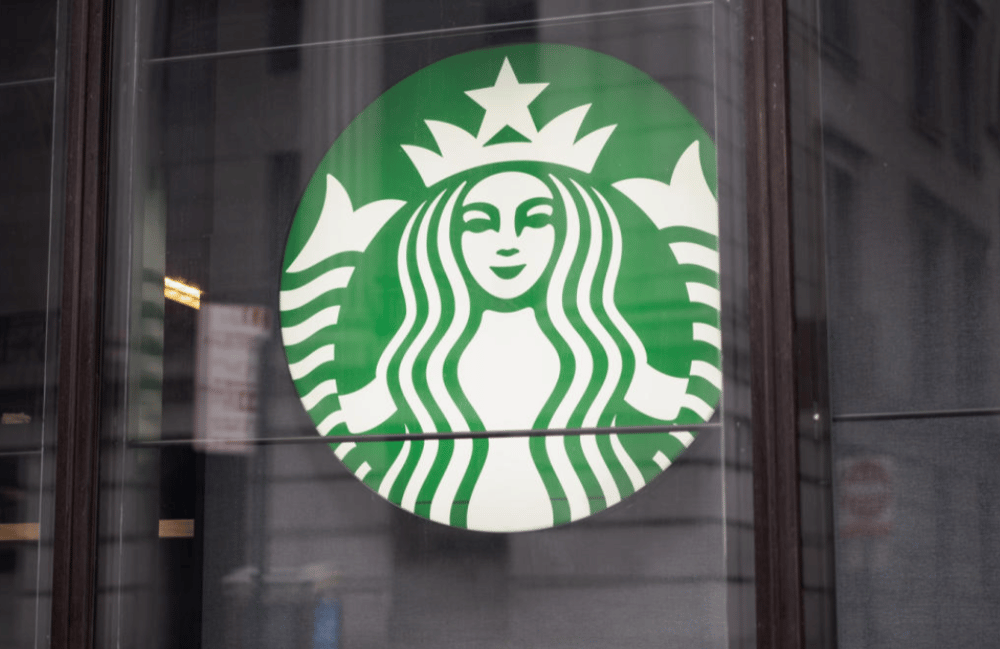Starbucks Negotiations Amid Union Contract Dispute
Recent developments in collective bargaining at Starbucks $SBUX have stirred significant conversation in labor circles and financial markets. Union delegates, representing a widespread network of baristas across the United States, have voted decisively to reject the coffee giant’s latest staffing offer. The proposal, which assured an annual minimum wage increase of 2%, failed to address essential improvements in economic benefits and immediate wage enhancements.
Dynamics of the Contractual Conundrum
Representing 490 baristas over more than 550 U.S. outlets, approximately 81% of the union delegation opted out of the offer that maintained the status quo regarding healthcare benefits and did not provide an immediate salary boost. According to Workers United, the union’s decision reflects deep-seated concerns about the long-term structure of worker compensation. Starbucks maintains that the union’s submission to delegates involved presenting an incomplete contract structure for individual stores, a move that, according to the company, has contributed to delays in reaching a mutual agreement.
Starbucks currently compensates its baristas at an average base rate exceeding USD 19 per hour, with overall earnings—including benefits—amounting to roughly USD 30 per hour. While the company guaranteed that future annual raises will not fall below 2%, the labor representatives argue that such measures do little to address the broader financial and benefit-related concerns.

Key Developmental Landmarks
1. Initiation of Deliberations
Negotiations between union representatives and management began with detailed discussions over contract terms and benefit structures.
2. Presentation of the Latest Offer
Starbucks proposed an annual minimum wage increase of 2% without offering additional enhancements in key benefits such as healthcare.
3. Delegate Voting Outcome
A significant 81% of the 490 baristas cast their vote against the proposal, highlighting a widespread dissatisfaction with the offer.
4. Statements and Counterclaims
Starbucks asserted that the union’s contract framework lacks completeness, leading to strategic delays in finalizing an agreement.

Prominent Considerations and Observations
- The current base compensation and total hourly earnings structure underscore an ongoing debate on sustainable wage improvements.
- The union's decisive vote reflects a broader demand for substantial changes in employee benefits beyond marginal increments.
- Delays in contractual negotiations may impact both labor relations and public perception of the company’s commitment to its workforce.
- Continuous regulatory and market scrutiny necessitates a transparent approach to resolving labor disputes in sectors characterized by service industry dynamics.
Implications for the Labor and Financial Landscape
The ongoing discord between Starbucks management and union delegates sets the stage for a critical examination of labor practices in the service industry. Market watchers note that these deliberations, while inherently internal, can have broader connotations for consumer sentiment and corporate reputation. As Starbucks seeks to reconcile its contractual offerings with the expectations of its employees, this dispute underscores the importance of balanced compensation policies in sustaining workforce motivation and maintaining competitive market positioning.
This unfolding narrative, characterized by a robust vote from union delegates and contrasting perspectives from management, highlights the complexities involved in modern labor negotiations. While definitive outcomes remain in flux, the current impasse is a telling indicator of the evolving landscape of labor relations in high-profile service industries.















Comments
The deal is set to reshape the landscape of automation in tech
Cutting‑edge financial moves are accelerating progress in a rapidly transforming tech ecosystem